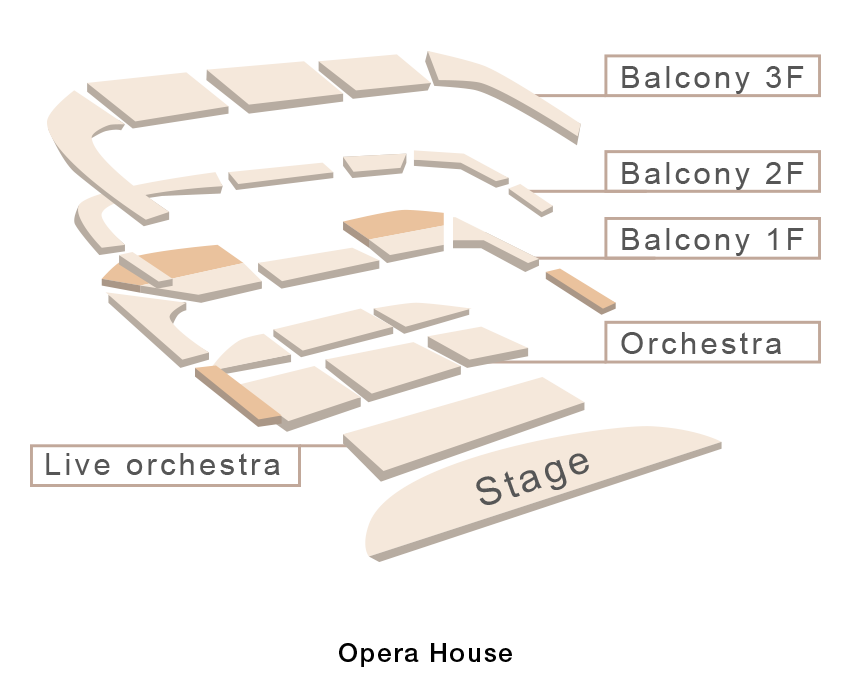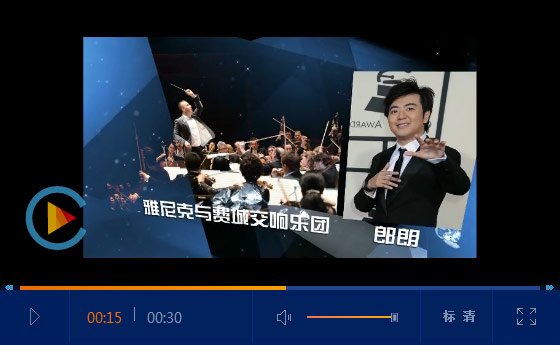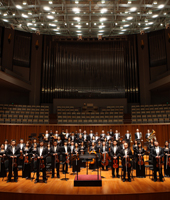
NCPA Orchestra
China NCPA Orchestra is the resident orchestra of the National Centre for the Performing Arts (NCPA), Beijing. Established in March 2010, the orchestra consists of highly accomplished musicians from around the world, who perform in more than a dozen opera productions presented by its home venue each year as well as in ballets and regular orchestral concerts in its own season. With a notably busy schedule, the young ensemble has fast established itself as one of the most adventurous and dynamic orchestras in the country. Lü Jia took up the post of Chief Conductor in February 2012, succeeding Chen Zuohuang, the current Conductor Laureate, NCPA's Music Director and also one of the founders of the orchestra. Yuan Ding was appointed Assistant Conductor in the same year.
The NCPA Orchestra demonstrates an abiding commitment to the highest levels of artistic excellence and takes pride in its long-term collaborations with the finest musicians of our time. Artists associated with the orchestra in the past two years have included Lorin Maazel, Christoph Eschenbach, Vladimir Ashkenazy, Yan Pascal Tortelier, Gunter Herbig, Gilbert Varga, Lang Lang, Stephen Kovacevich, Leo Nucci, Yuja Wang and Han-Na Chang, among many others. Maestro Lorin Maazel praised the orchestra for its 'amazing professionalism and great passion in music'. After working with them in a series of concerts and the NCPA's new production of La Traviata in June 2010. Maestro Christoph Eschenbach also declared it 'one of the finest orchestras in Asia'.
In 2011 alone, the first season after its establishment, China NCPA Orchestra gained critical acclaim for its performances in NCPA's new productions of Tosca (directed by Giancarlo Del Monaco), The Barber of Seville (co-produced with Castleton Festival), Die Fledermaus, and a newly commissioned opera The Chinese Orphan. In addition, the orchestra also played a key part in NCPA's 2011 Gustav Mahler Project, performing his Symphonies No. 1, 2, 3, 8 and 10 under the batons of Christoph Eschenbach, Yoel Levi, Jun Maerkl and Chen Zuohuang respectively. These were followed by performances of two Wagner operas in 2012, in their Chinese premieres, Der Fliegende Hollander andLohengrin. Most recently in 2013, the orchestra presented varied programmes marking major anniversaries of Wagner, Verdi and Britten, including a performance of the mammoth Ring without Words under the baton of its creator, Lorin Maazel. It continues to build on important partnerships with prominent musicians such as Mehta, Eschenbach, Ashkenazy, Placido Domingo and the pianist Rudolf Buchbinder.
Most recently, the NCPA Orchestra has flexed its wings on the international stage with high-profile touring work, receiving widespread international praise for its performances. In 2012, the orchestra was invited by Kissingen Summer Music Festival and Schleswig-Holstein Musik Festival, and its first German tour continued with concerts in Nürnberg, Hamburg and Berlin, followed by appearances at the Sydney Opera House. In 2013, the orchestra undertook its first Asian tour with concerts in Singapore, Seoul and Macau. During the 2014/15 season, the orchestra has participated in NCPA's opera productions including Eugene Onegin, Aida and Cavalleria Rusticana, as well as appearing on concert stage with conductors and soloists such as Lü Jia, Zubin Mehta, Christoph Eschenbach, Myun-Whung Chung, Anthony Wit, Lang Lang, Wang Jian and Yuja Wang. The orchestra has completed its very first North American tour in November 2014, under the baton of its Chief Conductor Lü Jia.

China NCPA Chorus
NCPA Chorus was established on December 8th, 2009, whose members were carefully selected from famous music schools in and out of China. Now the Chorus invites WU Lingfen as the conductor, with many artists well-known in China and abroad giving instructions. Affiliated to NCPA, the highest palace of performing arts in China, the Chorus adheres to NCPA's guiding principles of "for the people, for the arts, and for the world". The Chorus mainly stages operas and concerts, and also takes part in kinds of cultural communication and arts outreach events.
Ever since its establishment, the Chorus has actively performed in more than 20 operas of NCPA production, such as NCPA's original operas Xi Shi, The Chinese Orphan, and The Ballad of Canal, as well as other classical operas in and out of China:The White-Haired Girl, The Red Guards on Honghu Lake, Le Nozze di Figaro, Il Barbiere di Siviglia, L'italiana in Algeri,Rigoletto, La Traviata, Otello, Der Fliegende Hollander, Lohengrin, Carmen, Turandot, Tosca, etc. Its artistic quality receives rave acclaims from both the critics and the audience.
Besides operas, the Chorus has participated in many grand vocal works and themed concerts, such as Beethoven's Symphony No. 9, Mahler's Symphony No. 2 and No. 8, and the grand music and dance epic Road to Revive, etc. As NCPA's resident chorus, it has been to Singapore, South Korea, Hong Kong and Japan to participate in performances and arts exchange, both to wide acclaims.
The Chorus has cooperated with many well-known artists ever since its establishment, receiving high praises from them all. Plácido Domingo once said it was his honour to cooperate with these talented young artists; Lorin Maazel ever praised it "a chorus full of passion", so and so forth. On the stage of NCPA, the Chorus has cooperated with such directors as Francesca Zambello, Giancarlo Del Monaco, CHEN Xinyi, CAO Qijing, LIAO Xianghong, such conductors as Lorin Maazel, Daniel Oren, LÜ Jia, LI Xincao, ZHANG Guoyong, such singers as Plácido Domingo, Leo Nucci, Inva Mula, Brandon Jovanovich, DAI Yuqiang, WEI Song, Warren Mok, HE Hui, Dilbèr, ZHANG Liping, to name just a few. With more than a hundred performances each year, the Chorus is surely to play an active role in the further development of NCPA.
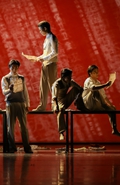 Repertoire
Repertoire
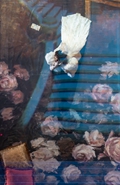 Films
Films
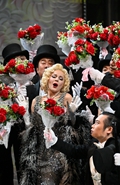 Videos
Videos
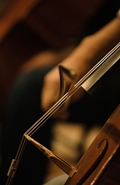 Podcast
Podcast
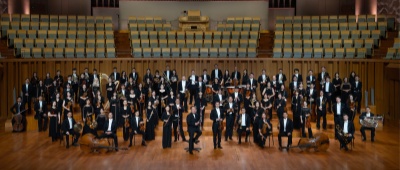 China NCPA Orchestra
China NCPA Orchestra
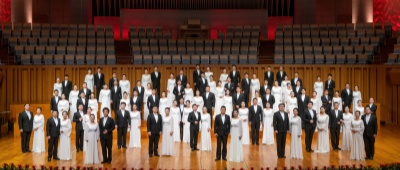 China NCPA Chorus
China NCPA Chorus
 NCPA Resident Singers
NCPA Resident Singers
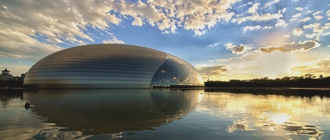 Buildings
Exhibitions
Buildings
Exhibitions
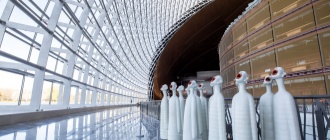 Opening Hours
Services
Opening Hours
Services
 Western Cuisine
NCPA Café
Arts Gifts
Western Cuisine
NCPA Café
Arts Gifts








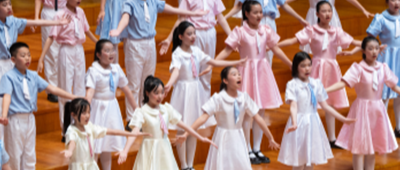
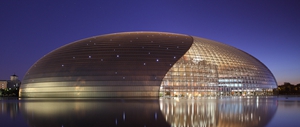






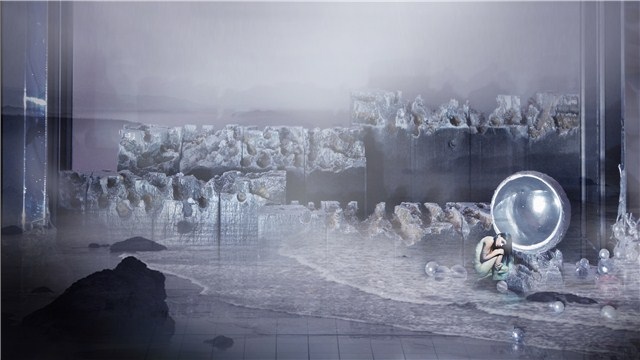
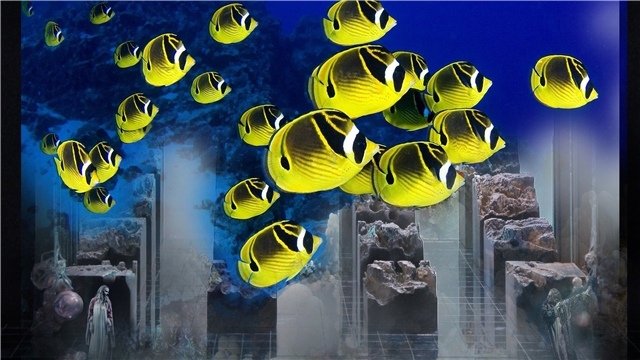

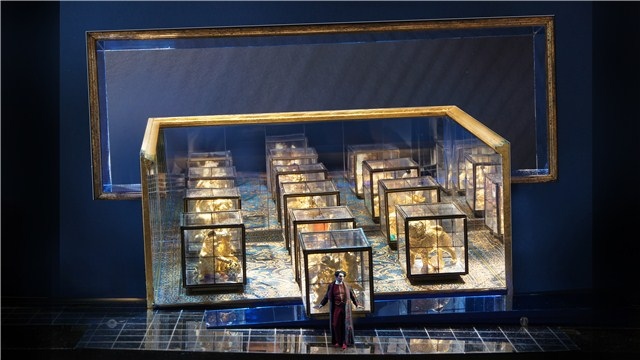

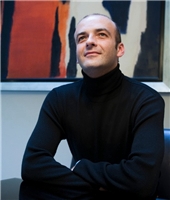
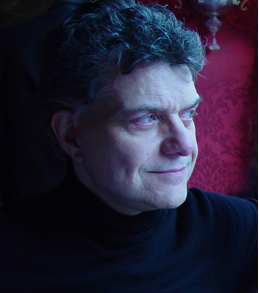
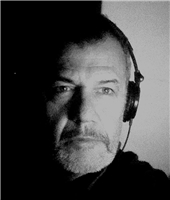
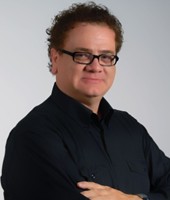
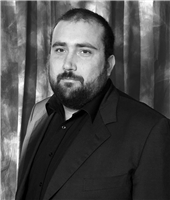
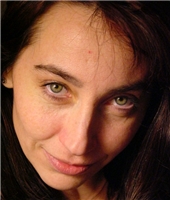
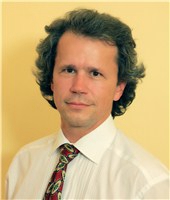
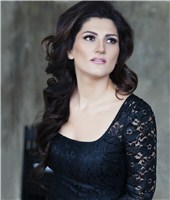

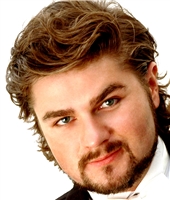
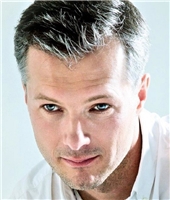
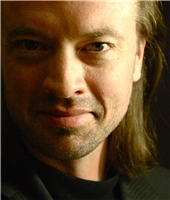
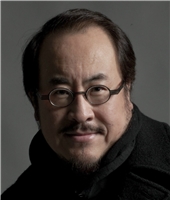

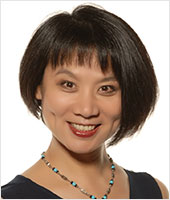
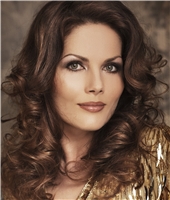
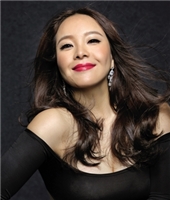
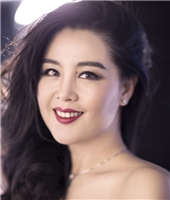

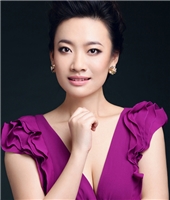
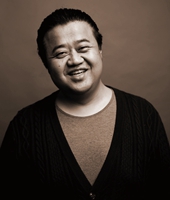
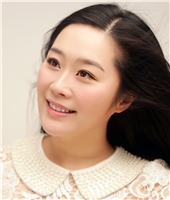
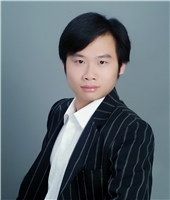


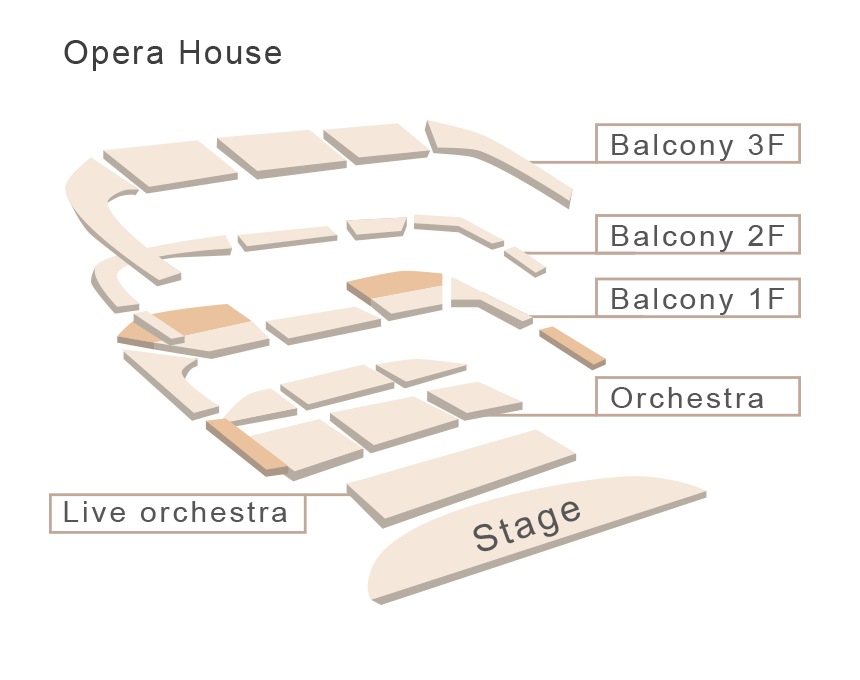 歌剧院
歌剧院
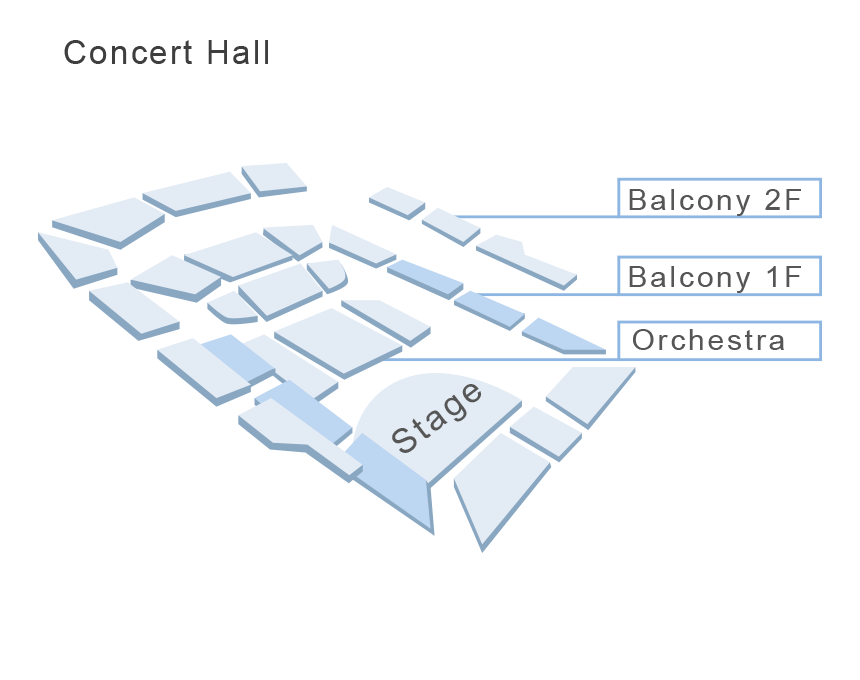 音乐厅
音乐厅
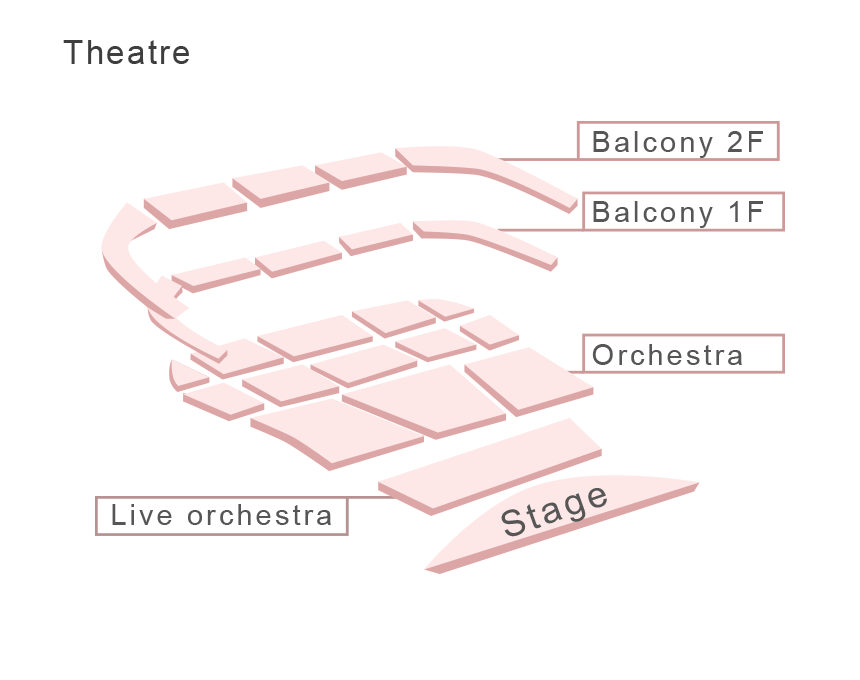 戏剧场
戏剧场
 小剧场
小剧场












